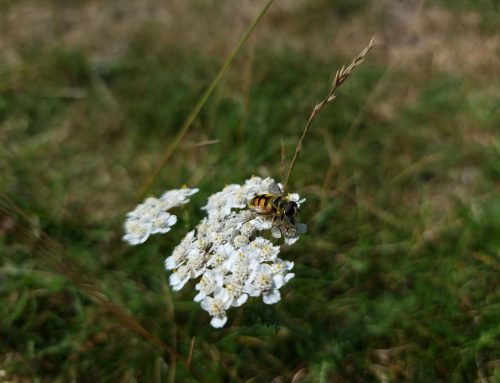People in the UK have cut their meat intake by 17% over the past ten years.
The government-commissioned national food strategy has said that we will need to increase this to 30% over the next ten years to meet targets.
“I think the reductions that we’re seeing are positive, but we’re moving pretty slowly, and if we continue reducing our intake at the same rate, we’re not really going to be reaching these dietary targets,” said Cristina Stewart, a health behaviours researcher at the University of Oxford.
“We’re hoping that this analysis, which helps us better understand meat consumption trends and patterns, could help to tailor public health policies and behavioural interventions to try and accelerate that reduction and meet those targets.”
Eating meat is not only a large contributor to land degradation and climate change, but is also linked to type 2 diabetes and some cancers.
“While it’s encouraging to see more people are starting to eat less red and processed meat, we know that some people are still eating more than the recommended maximum of 70g per day, putting them at greater risk of developing heart and circulatory diseases,” said Victoria Taylor, senior dietitian at the British Heart Foundation.
“We need to look beyond meat to benefit from the full range of protein sources available to us. Including plant-based proteins like beans, lentils, nuts and seeds, or using these to bulk out meat dishes can be a healthy way to cut down on the amount of red and processed meat you are eating.”








Leave A Comment